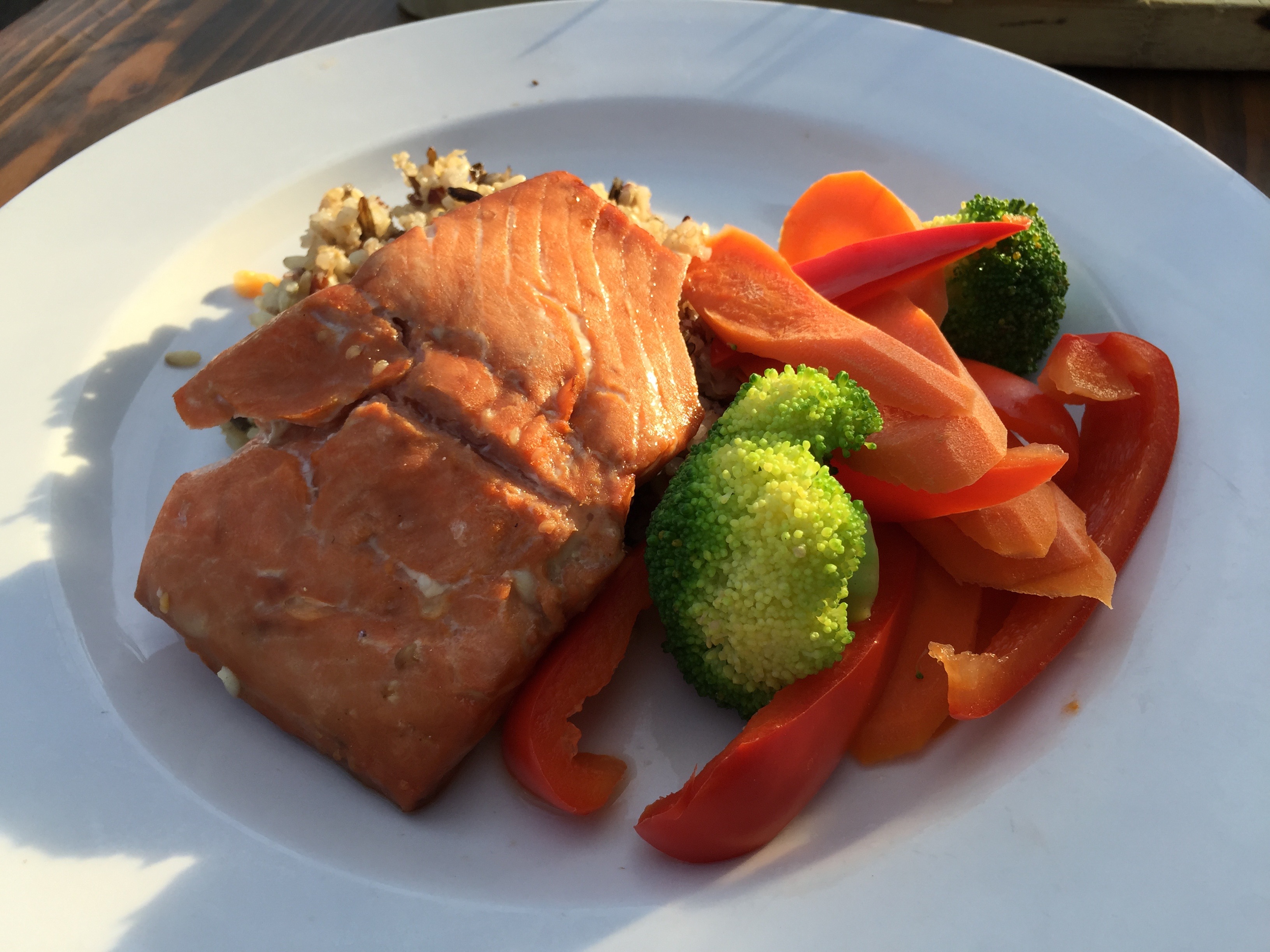Poor nutrition occurs when a person’s diet and/or dietary supplements fail to provide the nutrients necessary for health, growth and normal body function. Many people who take over the counter dietary supplements believe they have enough nutrients, but often do not. Poor nutrition can affect every system in the body, depending upon the cause of the poor nutrition. In mild to moderate cases, no symptoms or signs may be evident; however, as the condition persists, the signs and symptoms will become more pronounced.

Vitamin deficiency syndromes such as rickets, scurvy, and beriberi are uncommon in industrialized countries. However nutrient intakes above deficiency levels, but below optimal intakes do not allow for perfect health. Most people do not consume optimal nutrient levels through their diet alone.
The human body relies on healthy fats, proteins and carbohydrates for optimal functioning, growth and healing. Because these things are becoming increasingly rare in the everyday food supply, good nutrition depends on adhering to distinct guidelines in your long-term food buying habits. A regular diet rich in omega-3 fatty acids from avocados and coconuts, protein from grass-fed beef and fiber from organic vegetables not only fuels the body for for daily activity, but also it fuels the brain. Daily intake of essential fatty acids averts long-term problems with depression, anxiety, moods swings and hyperactivity. The consumption of vitamin B-12 from protein helps to avoid memory loss and brain shrinkage.
Eating a proper, nutritious diet offers numerous health benefits that keep you mentally and physically well. Proper nutrition doesn’t mean starving yourself, but instead means eating a diet balanced in lean proteins, fruit and vegetable, carbs and fats. MayoClinic.com recommends getting between 45 and 65 percent of your daily calories from carbohydrates, between 10 and 35 percent of daily calories from protein and between 20 and 35 percent of daily calories from fats. Whole food is lower in calories than eating processed food. For example, eating a burger alone is equivalent to eating a complete meal of vegetables, chicken breast and brown rice in calories.
According to Health Canada, it is recommended that we eat 8-10 servings of fruit and vegetables. A medium fruit or a half cup of vegetables is a serving. Eat dark fruits and vegetables such as kale, spinach, broccoli, , blueberries, raspberries, cherries, etc. Rule of thumb is to eat the colour of the rainbow to get all the nutrients and anti-oxidant.
To achieve optimal health, it is important to eat a healthy balance meal of whole food. Because of the low nutritional value of food now a days, it is important to fill the gap with a multi-vitamin. I personally like to use Lifepak Nano for a comprehensive nutritional wellness program delivering optimal amounts of essential and semi-essential micro-and macro-nutrients typically lacking in diets, for the support of all body systems and organs for long term health and wellness.
When you intake optimal nutrients, you will experience the following benefits.
- Have beautiful healthy radiant skin
- Increased energy level
- Sleep better
- Slow down aging process
- Be at a healthy weight
- Have a healthy immune system
- Be taller from stronger bones and muscle
- Be smarter
- Have a faster reaction time physically and mentally
- Have healthy shiny hair and strong nails
It is interesting that some people take better care of their car than they do their own bodies. Our body is meant to last in to the hundreds of years provided that we feed it properly.

